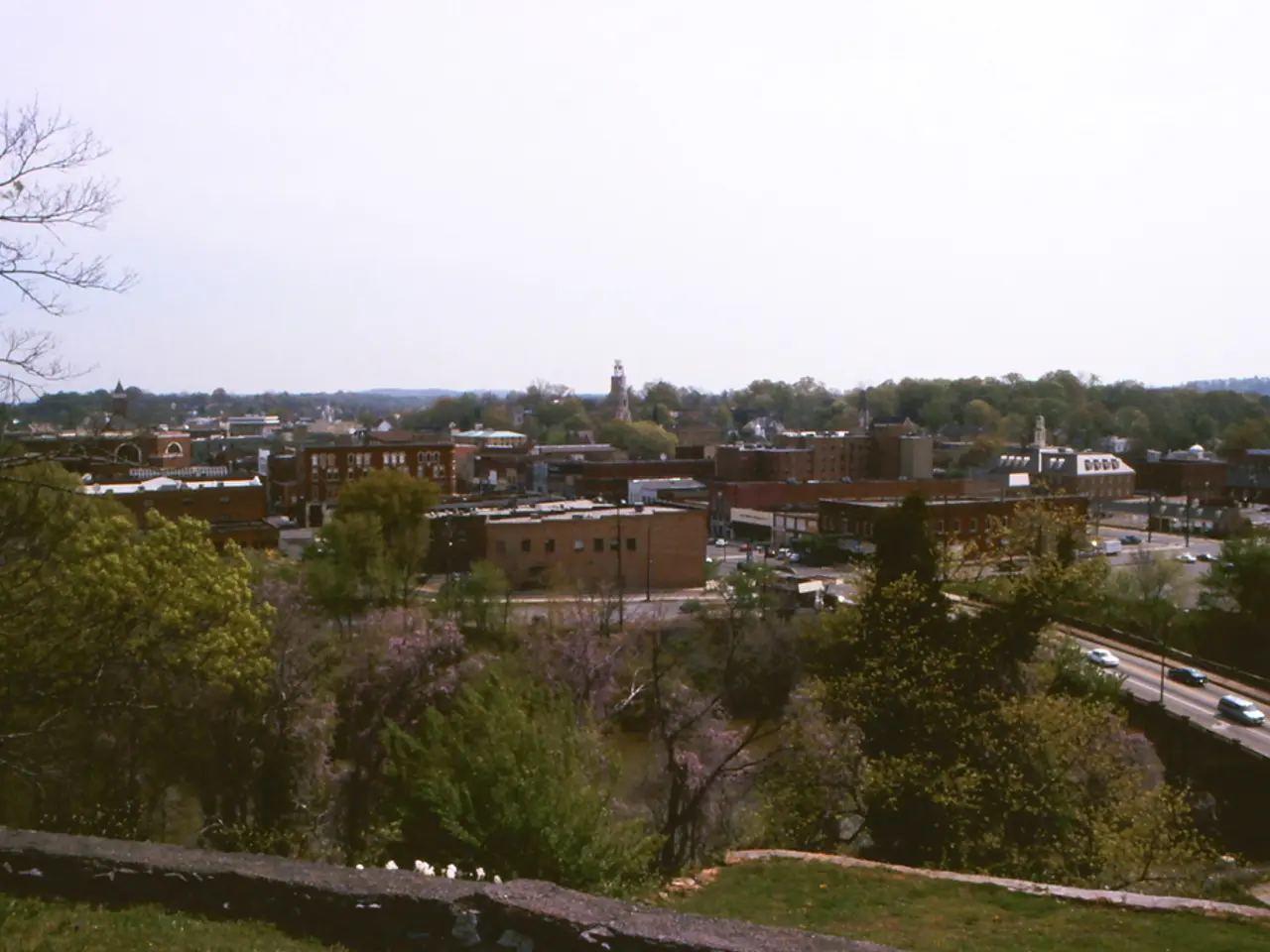The Commission has also collaborated on drafting the budget for the year 2000.
The 16th Economic Dialogue was recently held at the Zirndorf Town Hall, bringing together representatives of the local economy, chambers, and the Zirndorf city leadership. The meeting, aimed at fostering open communication and collaboration, focused on a range of pressing issues affecting businesses and municipalities in the region.
One of the key topics of discussion was the financial challenges faced by municipalities, a concern that has been prevalent in Zirndorf due to the current budget freeze. Mayor Zwingel, in his address, recommended that his successor maintain the successful format of the Economic Dialogue to continue addressing these challenges.
Another significant issue that was addressed was the shortage of skilled labor, a pressing concern for many businesses. To combat this, cooperation with foreign apprentices in the butcher industry was proposed as a potential solution. This approach, if implemented, would not only help address the skilled labor shortage but also provide an opportunity for cultural exchange and skill sharing.
The discussion also revolved around the importance of planned investments and innovations as cornerstones for the success of companies. Increased city support for companies in accessing state funding was a topic of interest, with the potential to boost local businesses and drive economic growth.
Moreover, the dialogue touched upon the potential use of artificial intelligence in bureaucratic processes. This could lead to increased efficiency, automation of routine tasks, and enhanced competitiveness for local businesses.
However, the discussion did not delve into the corporate financial situation, the financial challenges of municipalities, global economic uncertainty, or the shortage of skilled labor again, as these topics had already been covered in earlier discussions. Similarly, the dialogue did not discuss voluntary municipal services in Zirndorf or opportunities for innovation and sustainable growth, as these were also topics that had been addressed in previous meetings.
The Economic Dialogue in Zirndorf demonstrated optimism among entrepreneurs, with a focus on relying on their motivated employees and aiming to strengthen the region economically with the city. The meeting concluded with Mayor Zwingel recommending that his successor continue the successful format of the Economic Dialogue to ensure continued progress and collaboration in the region.
While specific details about the approaches and solutions discussed or adopted by local businesses cannot be provided without direct information from the event or local sources, it is clear that the 16th Economic Dialogue in Zirndorf was a significant step towards addressing the challenges faced by businesses and municipalities in the region.
- The spearheading of city support for local businesses in gaining access to state funding was proposed as a viable method to foster economic growth and prosperity within the region's business sector.
- To tackle the looming issue of a shortage of skilled labor acutely felt by various industries, cooperation with international apprentices, particularly in the butcher industry, was put forth as a potential means to alleviate this problem, serve as a vessel for cultural exchange, and stimulate skill sharing.




